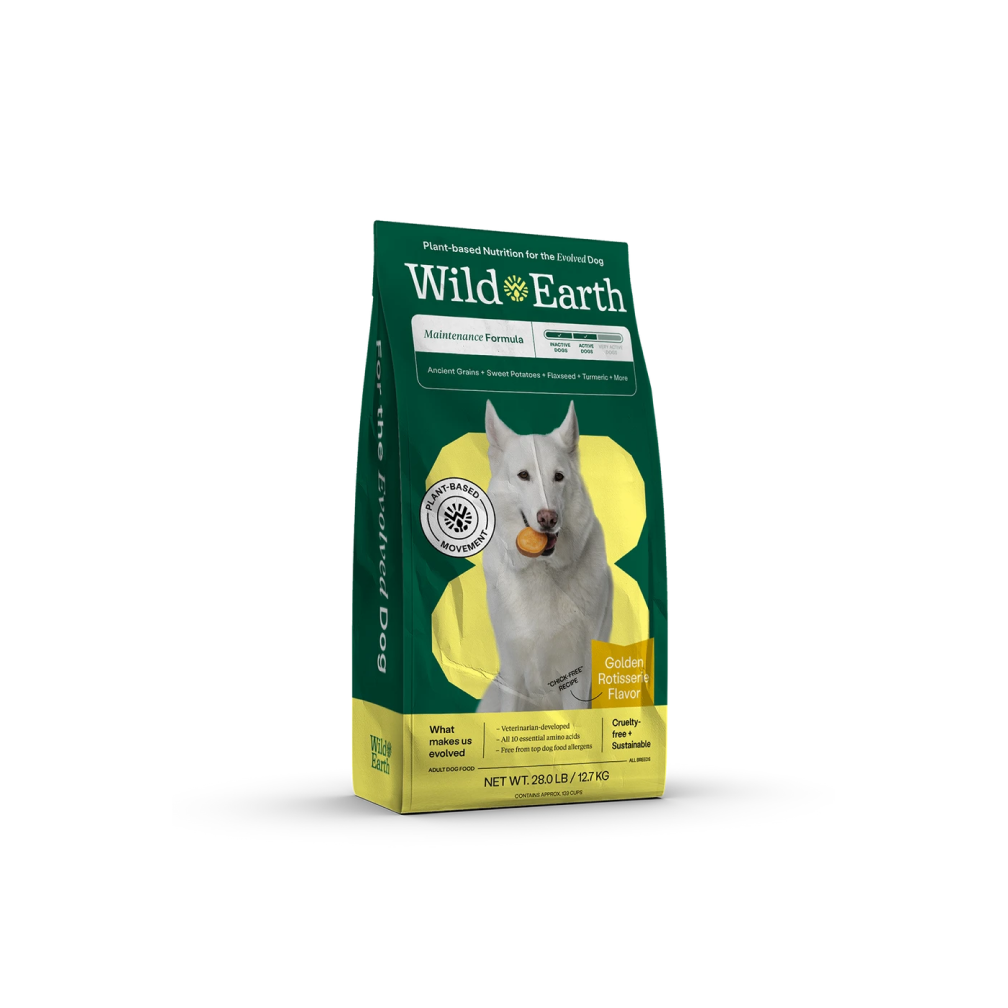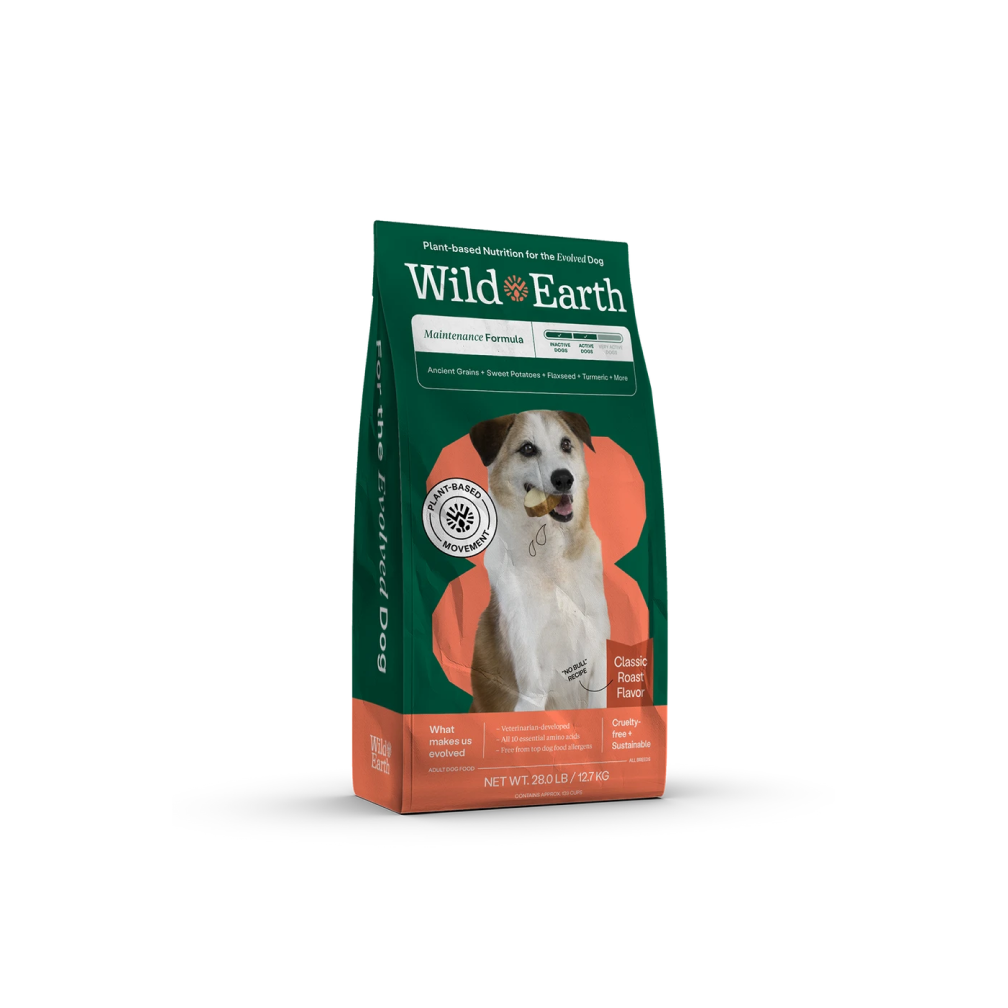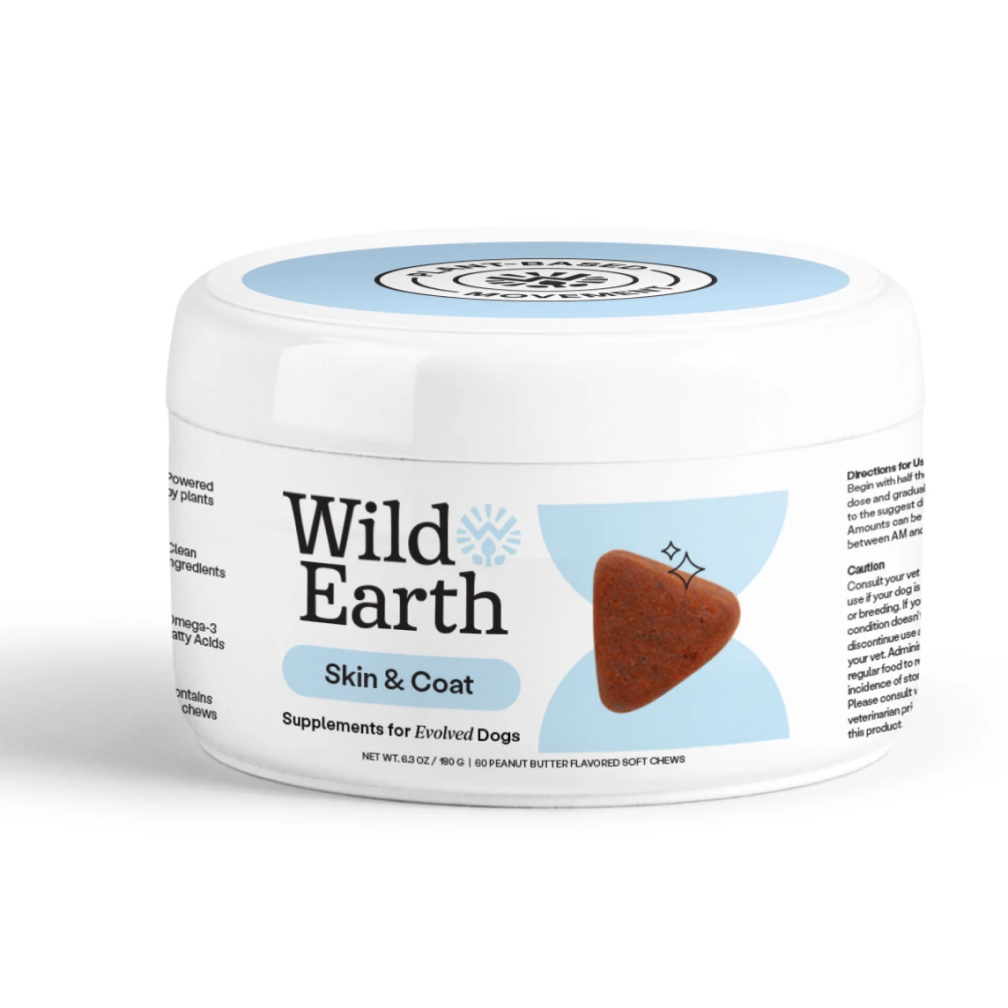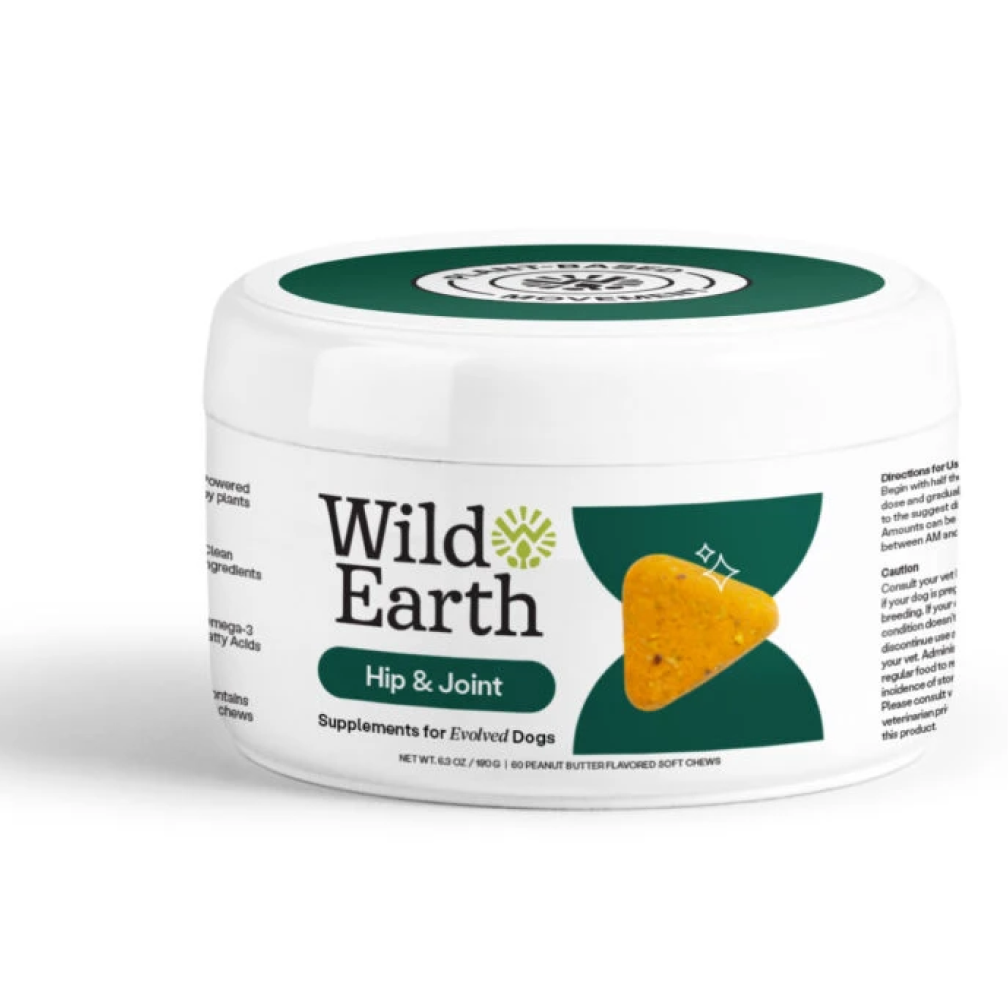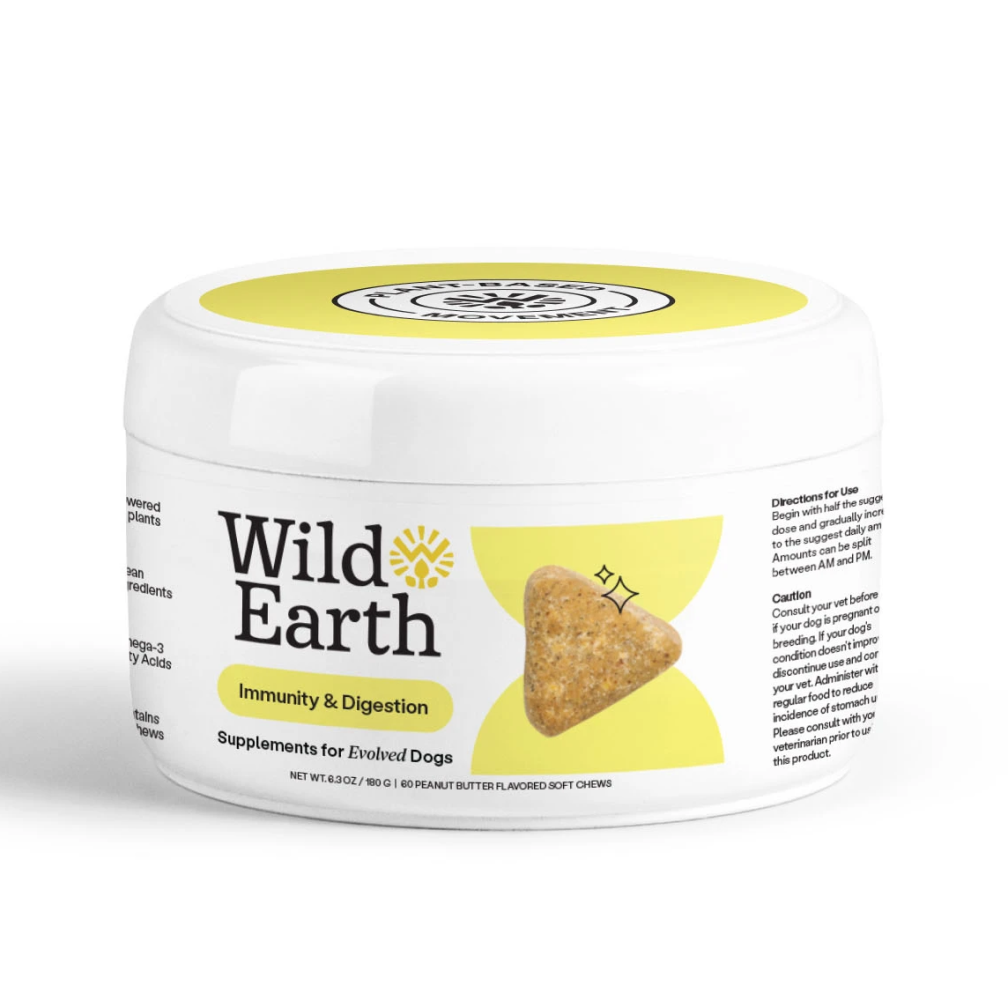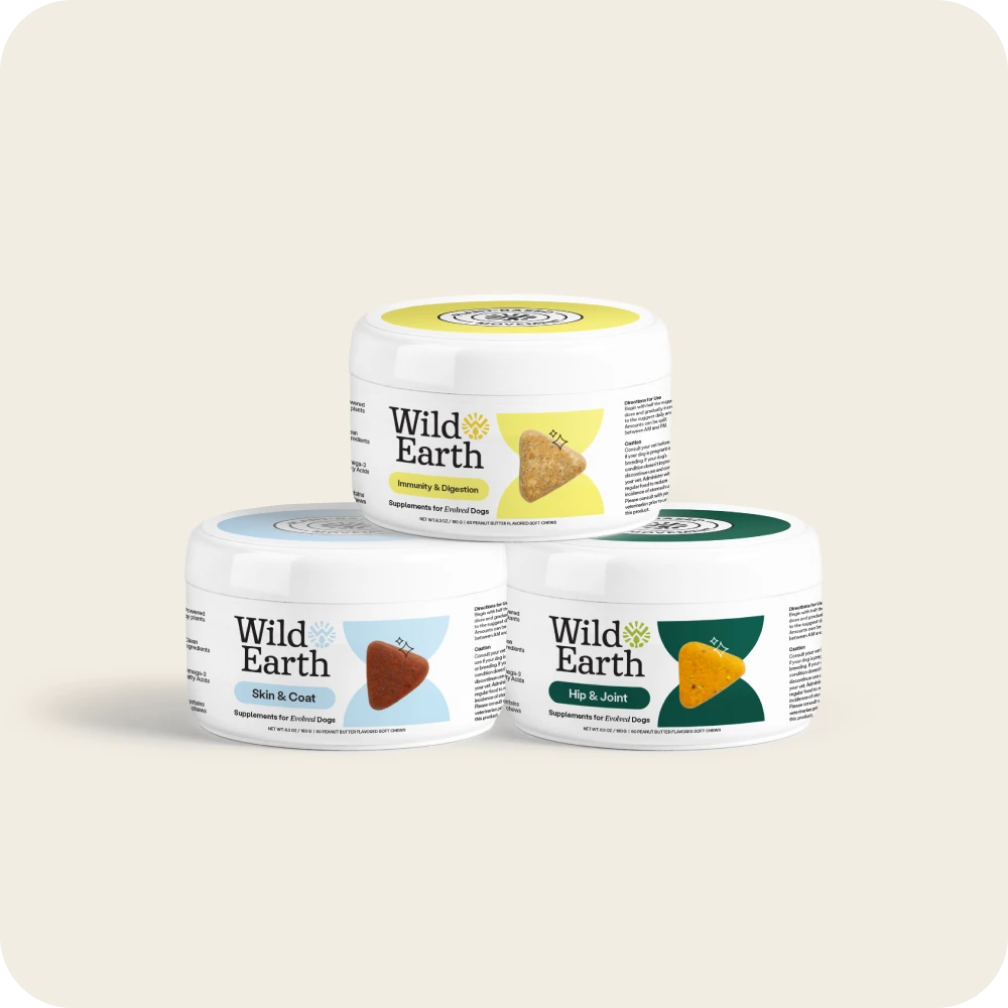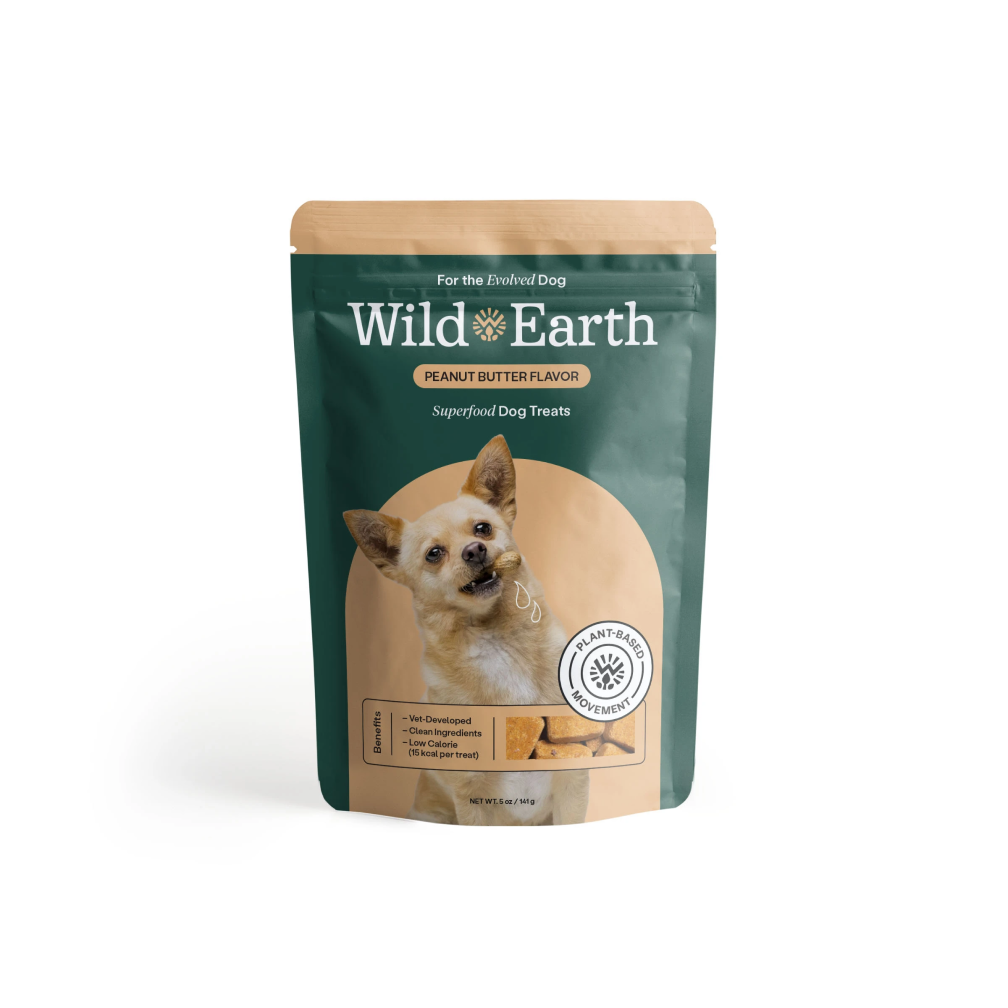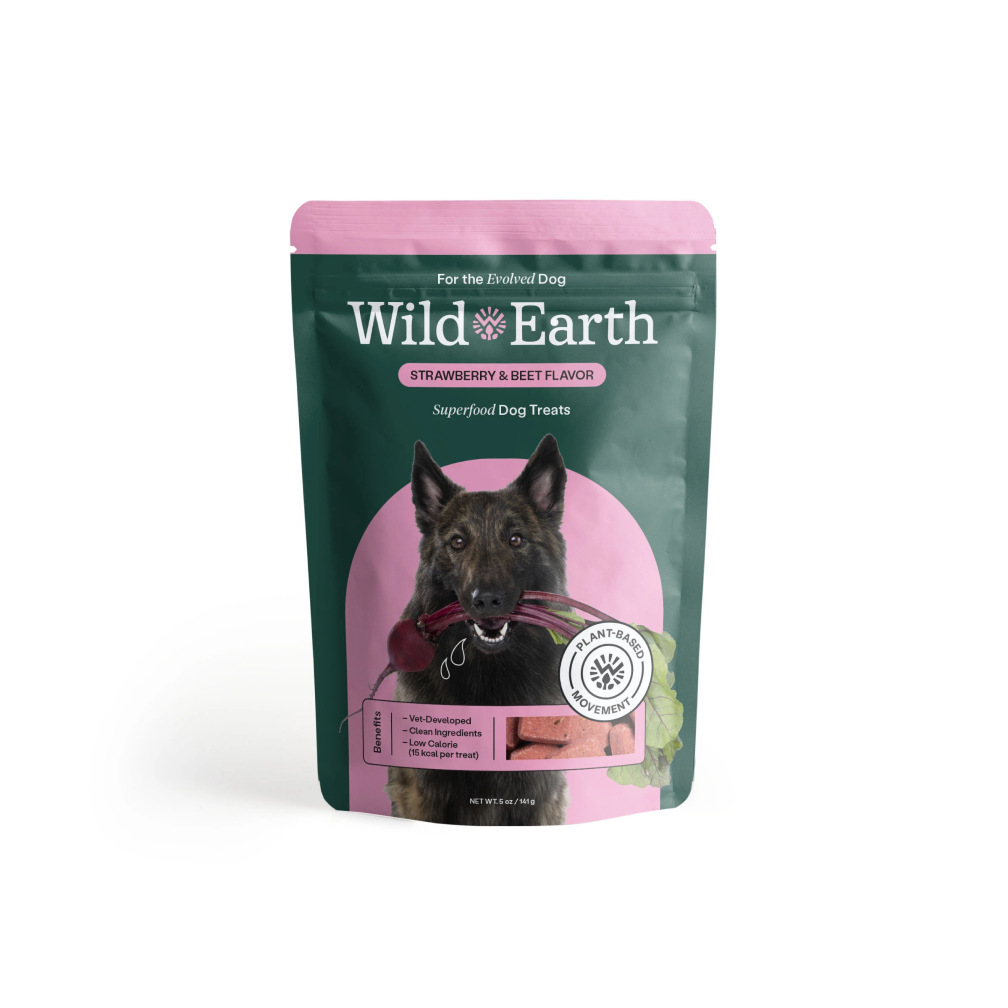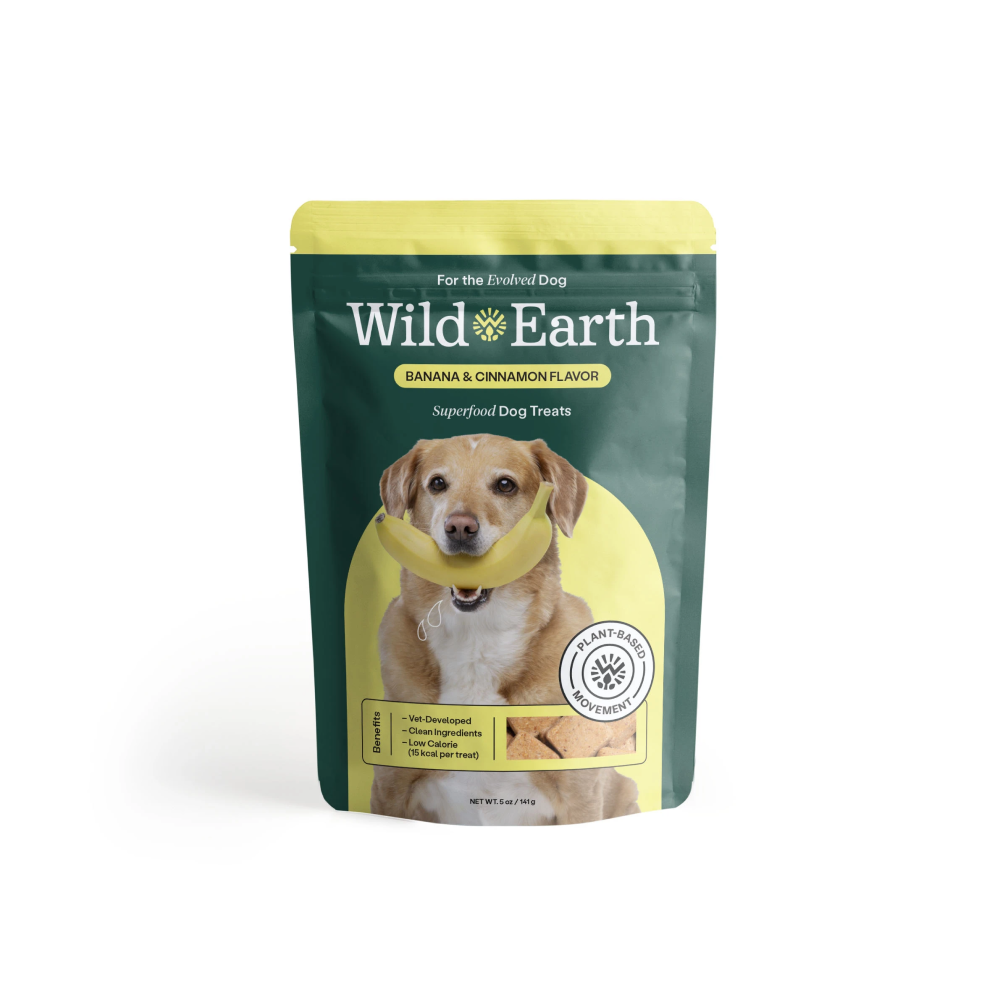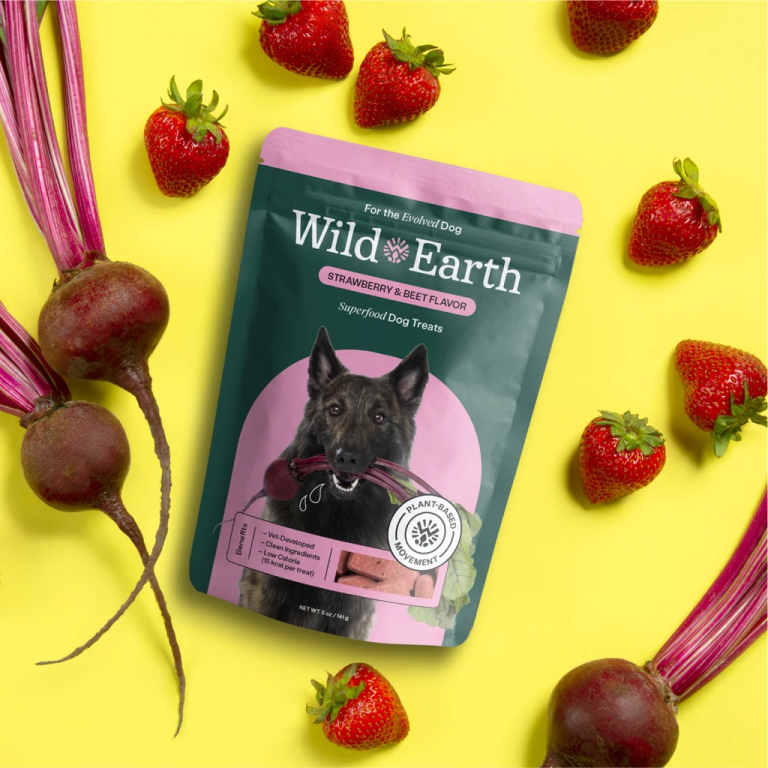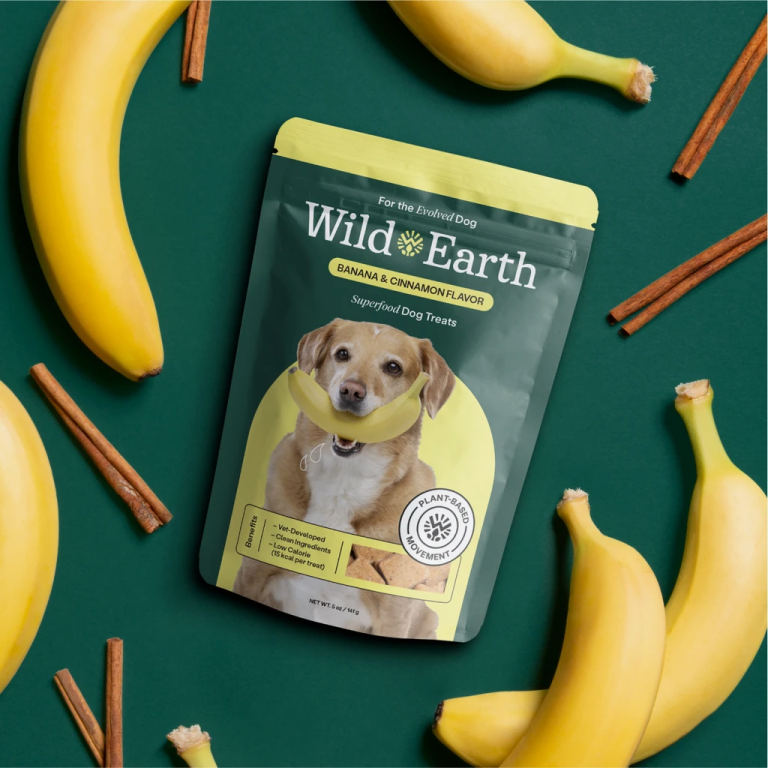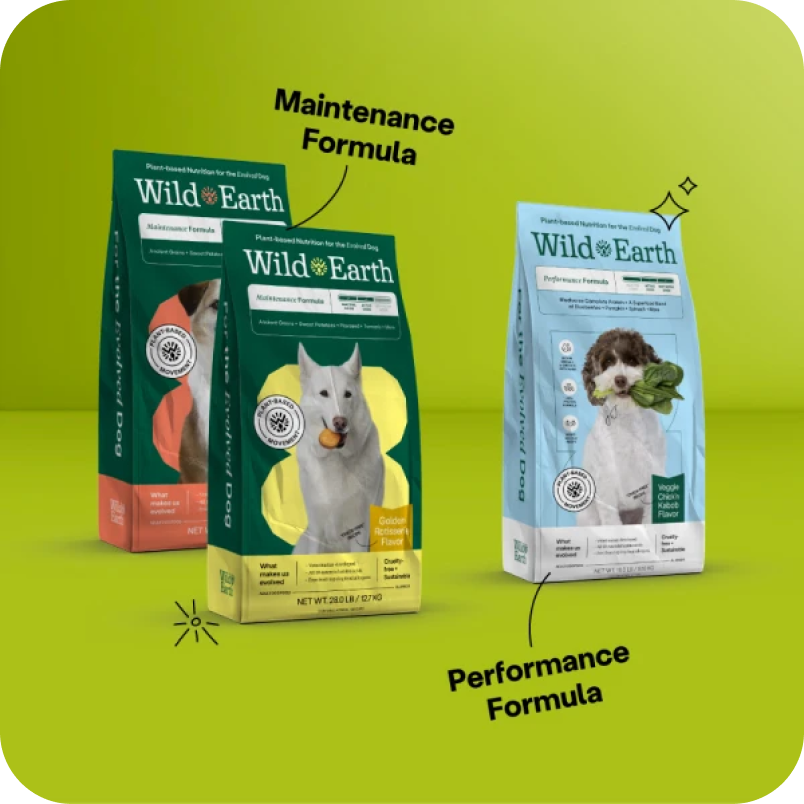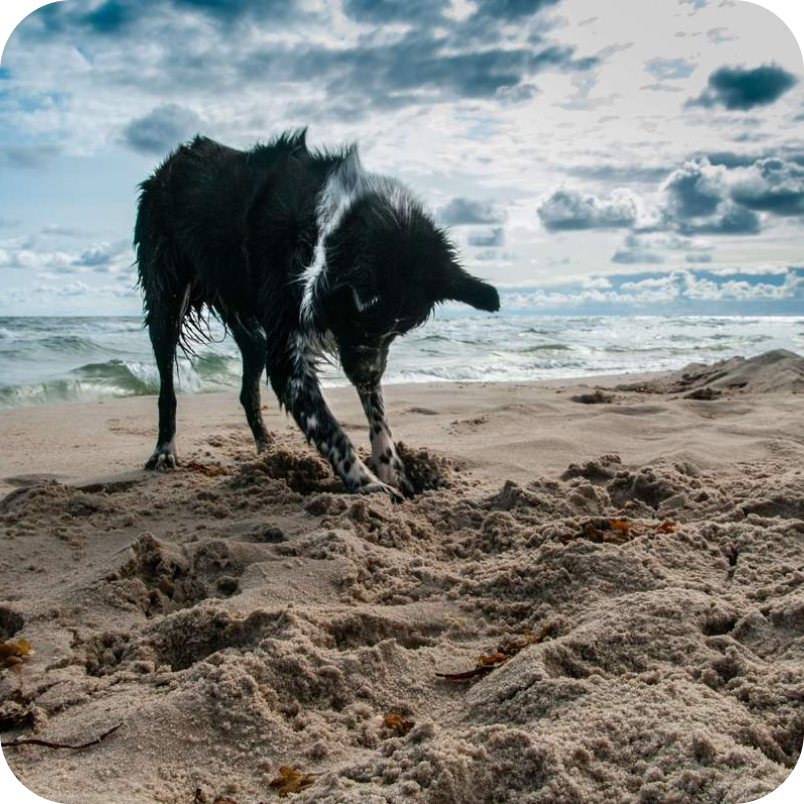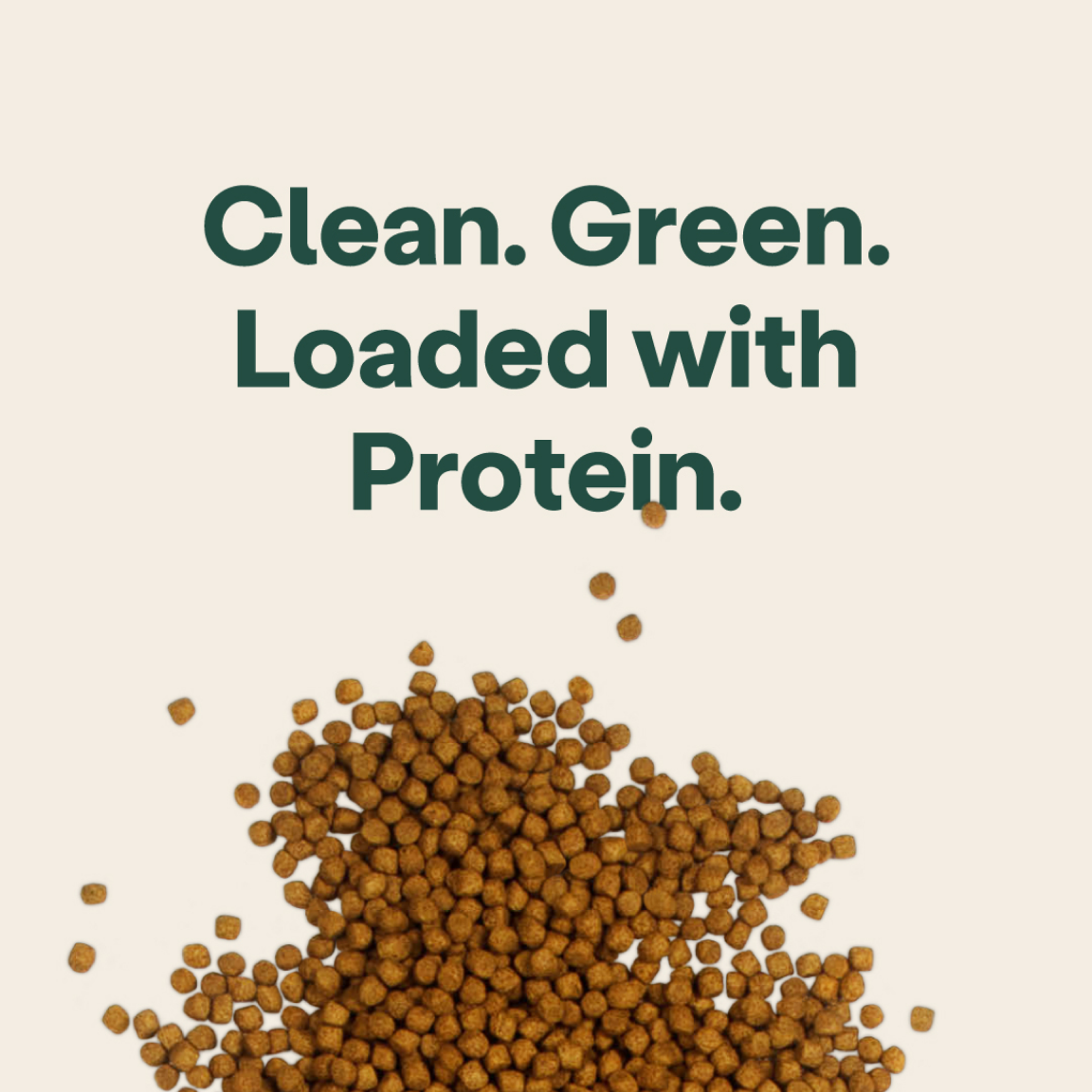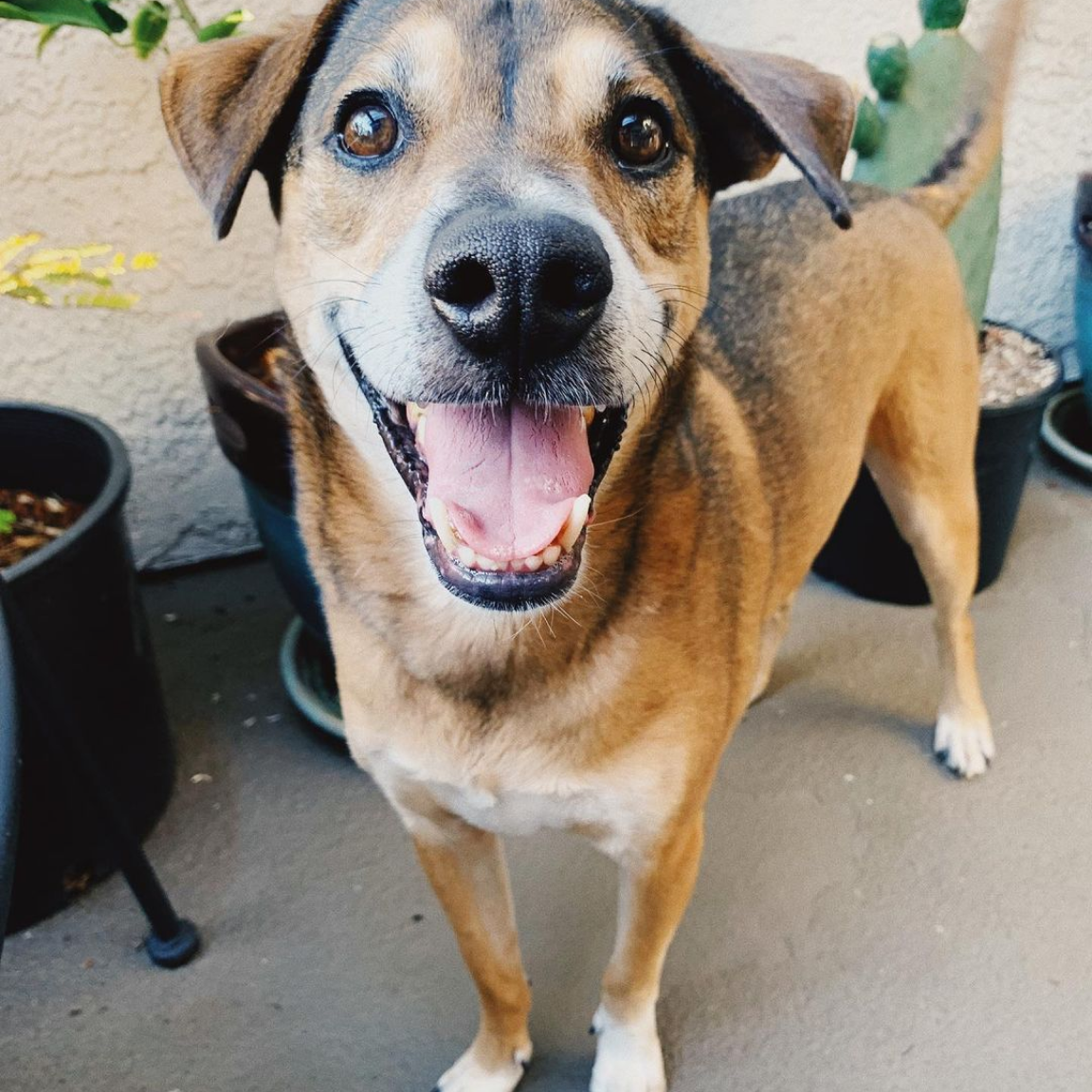Can radishes be eaten by dogs? That is a question that many dog owners may ask themselves. The answer to the question depends on the size of your radish and whether or not it has been cooked and how it is prepared. In this article we will talk about if dogs can safely eat radish and the potential health impact of it.
Can Dogs Eat Radish Safely?
Yes, dogs can eat radish in moderation as long as your dog doesn’t have an allergy. Radishes aren’t considered to be toxic for dogs but for some dogs they may cause gas or an upset stomach if they eat too much. A radish can provide your dog with an extra source of fiber, potassium, and other nutrients, but there are more nutrient dense snacks such as carrots, broccoli, strawberries, or even bananas.
It is recommended that you speak with your veterinarian prior to giving your dog radish or any type of new food as they will have a better understanding of the health of your dog. If you do decide to give your dog radish, it is best to start with very small amounts to see how your dog responds to the new type of food. Radishes or other snacks should not be a substitute for their dog food, and should only be given in moderation.
What Are The Health Benefits Of Radishes For Dogs?
Radishes also tend to be very easy for both humans and animals alike to digest since they do not have any indigestible substances like cellulose found in many plants. However, some pet owners do report their pets having an upset stomach when given too many radishes at once.
The radish is a hardy and versatile vegetable that can be used in both raw or cooked dishes, as well as being eaten raw with dips or added to salads. One of the primary reasons radishes are so popular is their taste - radishes have a strong peppery flavor that many people find refreshing! When it comes to dog health benefits, radishes offer several important nutrients like vitamins A, B-complex (B12), C, and K; high fiber content which helps prevent constipation; low glycemic index making them safe for dogs prone to diabetes and other blood sugar issues; antioxidant compounds thought to provide cancer prevention benefits for dogs with certain types of cancers. Radishes also tend not to produce indigestible substances like cellulose found in many plants, meaning they are easy for both humans and animals alike to digest.
Though radishes can be safely consumed by dogs, some pet owners report their pets to have an upset stomach when given too many radishes at once. It is important not to feed radishes regularly; the only radish should only be fed occasionally as it has been noted that there is a potential risk of diarrhea due to the high concentration of fiber content present in this particular vegetable. Radish also contains small amounts of oxalate which may lead to bladder stones if eaten excessively or regularly.
How Many Radishes Can Dogs Eat?
A radish is a food that can be eaten by dogs. It's important to note, however, that radishes contain inulin which some dog breeds are allergic to (especially those with digestive problems). Radishes also have sharp edges and should not be offered whole as they could rupture the stomach lining or cause choking if swallowed whole.
If your pet is suffering from gastrointestinal issues such as diarrhea, vomiting, or colitis then it may be best to avoid radishes altogether. Too many radishes can lead to an upset stomach so make sure radishes are a part of your dog’s diet in moderation.
There is no specific amount specified as ravishing will vary depending on how large your radish is and whether it has been cooked or pickled (raw). It's best to consult a vet before feeding them any ravishment since there are risks present when compared to there being benefits available through consumption by animals including humans too!
Possible Risk Of Feeding Radishes To Dogs
When radishes are given to a dog it could cause hemolytic anemia due to red blood cell fragmentation (over time). The symptoms of this condition include weakness, lethargy, pale gums due to lack of oxygenated red blood cells needed for healthy tissue function.
As radishes are root vegetables they store more nitrates which can cause this condition and could be life-threatening if left untreated or not treated early enough.
It is best for pet owners to give dogs radish sparingly so that overfeeding does not happen and puts them at risk for this dangerous side effect. This also goes without saying but do not feed your dog any other vegetables like potatoes, tomatoes, eggplant, etc because these all have similar risks when given in excess amounts (especially potatoes).
It is possible radishes can cause dogs to be sick. Radish contains a chemical called glucosinolates, which when ingested in large amounts are toxic for the dog’s body and could lead to stomach upset or intestinal cramps.
How To Serve Radishes To Dogs
If you're looking for a tasty treat to give your pup, radish may be a good option. Radishes are safe and nutritious for both humans and pets alike. Here's how to serve radishes as dog treats:
- Wash radishes thoroughly before giving them to your canine pal
- Peel off any excess skin or rough patches with a vegetable peeler
- Slice radish into small bite size pieces that will easily fit in your pet’s mouth without being too big of an uncomfortable chew
- Serve while fresh! Once radish begins to wilt (or is cut) it becomes much less appetizing for consumption so make sure they're served immediately after slicing!m
- Radishes are a nutritious and low-calorie snack for dogs. You can radish them with cream cheese or peanut butter to make the experience more enjoyable for your dog
- You should cut radishes into small pieces before serving them to your dog
- Be sure not to give too many radishes at once as they may cause stomach upset; always introduce new foods gradually by alternating old food with new food, feeding it separately in increasing quantities over several days until fully incorporated so there's no chance of digestion problems from an abrupt change in diet. This is especially important when introducing supplements. Radishes are a great treat for your dog.
Other Related Dog Articles








